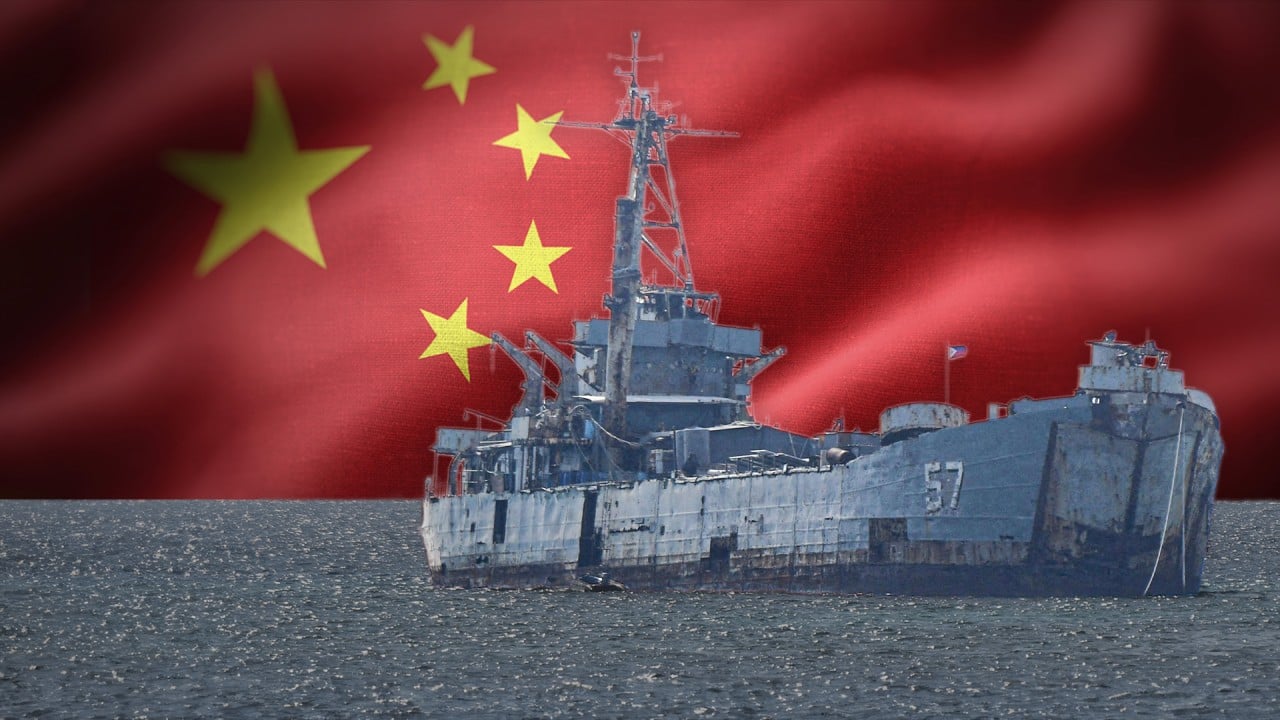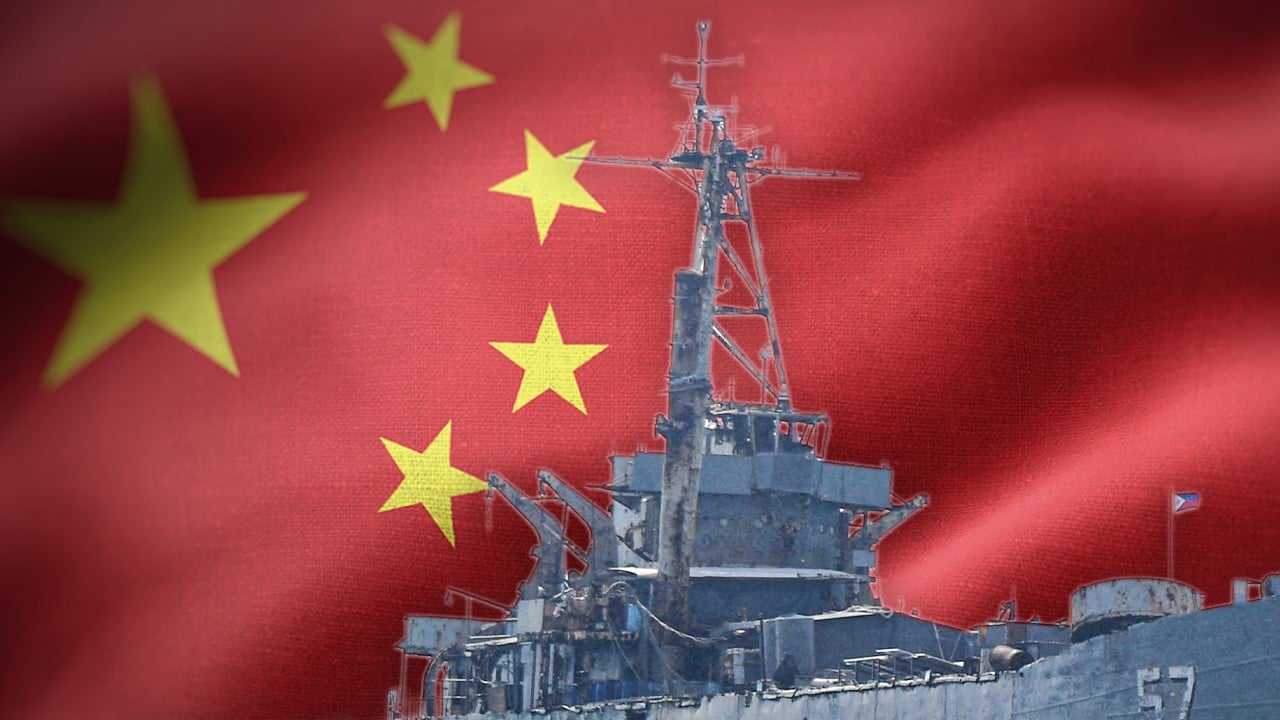China says it will press ahead with legislation to protect its interests in deep-sea areas, a new arena of competition in its rivalry with the United States.
In a commentary in Communist Party mouthpiece People’s Daily on Thursday, Public Security Minister Wang Xiaohong said Beijing would “proactively push forward national security legislation in crucial areas such as space, deep-sea and data security”.
Wang’s comments reflect the stress on national security to come out of last month’s third plenum, a twice-a-decade gathering of the party’s elite to determine the country’s economic direction.
The legislative process is part of China’s ongoing law-making efforts to reinforce its claims in disputed waters and normalise its activities in the high seas.
China introduced legislation in 2016 to cover deep-sea resource exploration, underpinning its survey and research efforts in what could be a new frontier for power growth and technological progress.
But this time it is going one step further to protect what it sees as its “deep-sea interests and assets”.
These assets include subsea communications cables, a market that China dominates – much to the US’ concern.
Security concerns prompted Washington to sanction FiberHome Telecommunication Technologies, a major Chinese subsea cable supplier, in 2020 and Huawei Marine Network, now known as HMN Tech, in 2021.
The Ministry of State Security also warned in May that undersea communications cables had been targeted by the US, potentially leading to security risks.
“Deep sea” broadly refers to ocean depths below 200 metres (656 feet), environments that can contain a wealth of energy reserves and maritime life.
With greater competition for deep-sea resources and equipment, military powers have begun to increase deployment in deep-sea areas, according to the Knowfar Institute of Defence and Strategic Studies on Thursday.
“The United States and other military powers have begun to make the deep sea a new battlefield, following the battlefields of land, water, air, space and cyber-electromagnetism,” said the institute, which is based in Jiangyin, in Jiangsu province in eastern China.
“This will provoke militarisation and arms races in the deep sea, threatening the sovereign security of rival states and sustainable development of human society.”
Experts have also called for Beijing to establish a legal framework to address these issues.
Zhang Guobin, an assistant researcher in law at Shanghai Jiao Tong University, said in an article published in Political Science and Law in November that work was needed to fix the flawed regulatory system.
“The inadequate laws have resulted in ineffective regulation and difficulties for future exploration and exploitation of deep-sea resources,” Zhang said.
The deep sea was also an arena for countries to showcase their most advanced technology, as “competition between countries in the deep sea involves all the complex and integrated technologies in contemporary science and technology fields”, he said.




